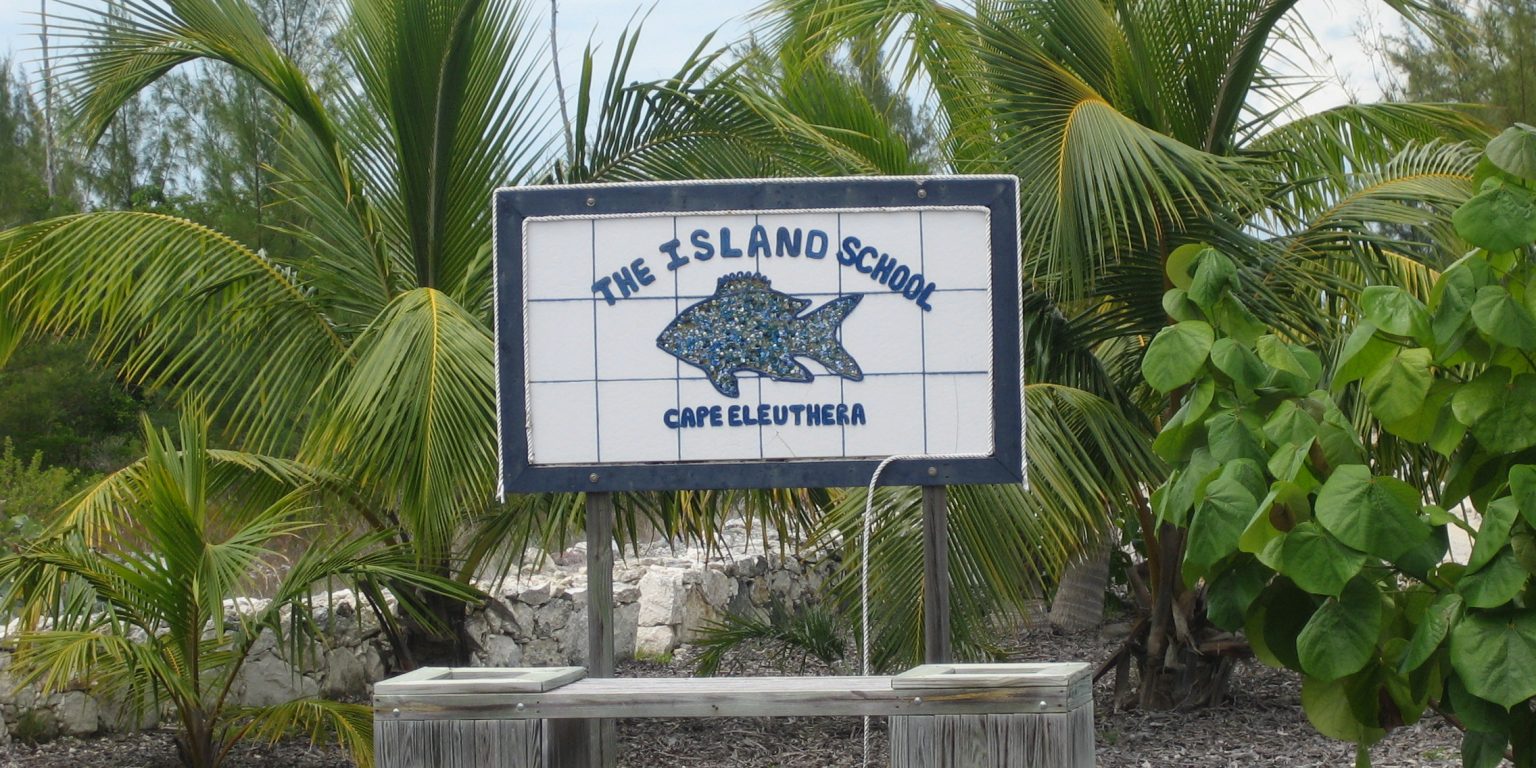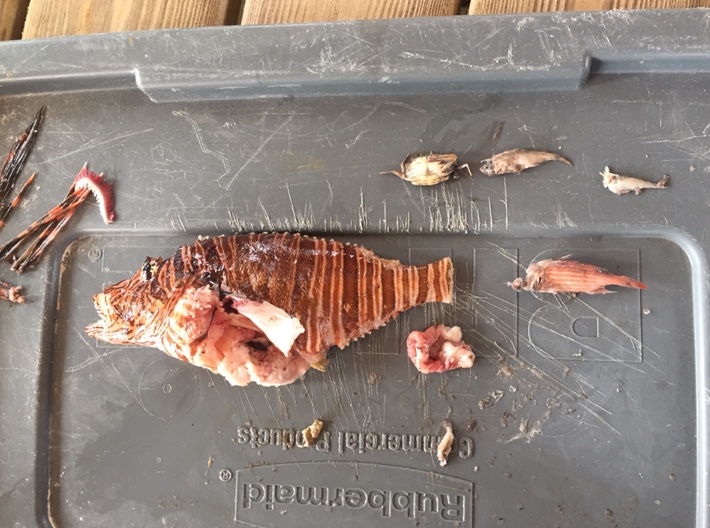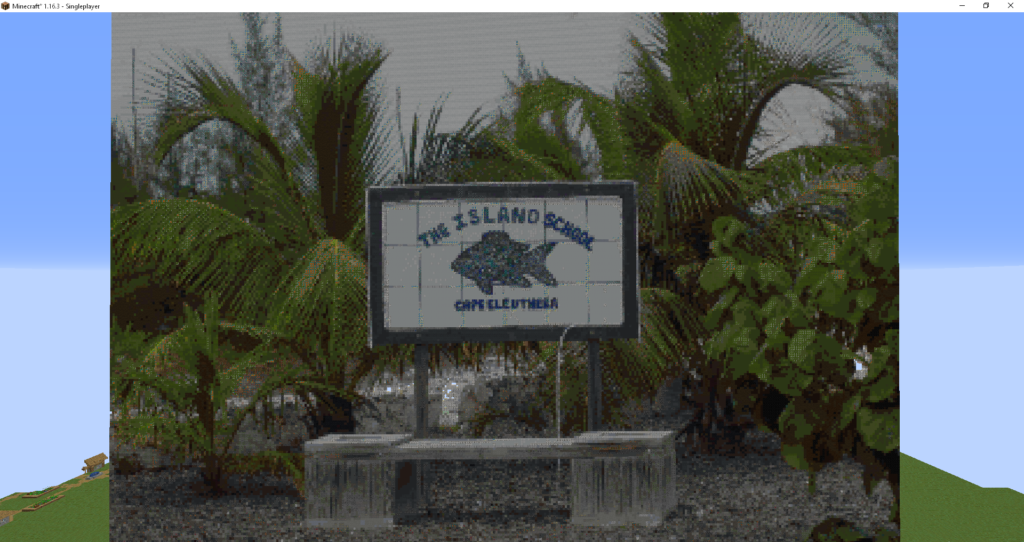
Real life reference

Minecraft build
Lionfish are a non-native, invasive species that has permeated much of the Atlantic Coastal region. From their bright coloration and many spines, their appearance is almost beautiful. Beyond the fact that they are destroying the natural ecosystems everywhere they are.
Lionfish are such an issue because the native ecosystem has not yet adapted to their presence. For example, many parasites infect and leach off of the fish species of local waters. Yet the lionfish aren’t attacked for unknown reasons. Another issue is that the natural apex predators of the region don’t actively hunt lionfish or can deal with the venom they store.
The number of lionfish spotted and the appetite these fish have could spell disaster for local fishing industries, as many key species in the ecosystem are falling prey to these unstoppable predators. Another issue is the tourism. In the Bahamas, one of the key places affected by the lionfish invasion, is powered by tourism. Many come to the warm waters to swim among the coral and colorful fish. With the rise of the lionfish, these ecosystems may collapse, threatening the end of hundreds of thousands of livelihoods and a 5 billion dollar industry.

So what is being done to stop these pests? Some research from places like the Island School in Cape Eleuthera, Eleuthera Island, Bahamas is suggesting that feeding lionfish to sharks might allow for a natural predator to surface that will keep these rampant populations in check. Another theory suggests that large grouper, an overfished and almost endangered species of fish might be the “silver bullet,” as lionfish are observed to hide during peak grouper feeding hours and avoid them like the plague. Finally, human activism has done a great deal in hurting the populations of these lionfish on reefs. Hunting and eating lionfish as opposed to other local fish serves to provide a sustainable food source as well as limit the populations of this invader.
Overall, my experience with lionfish was one of an observer. I went to the Island School (see additional resources area) to study marine conservation and biology. There I had the pleasure of watching divers spear lionfish and participated in a dissection of the animal. The Island School even uses the lionfish as an ingredient in dinners, sustainably feeding the occupants of the school and research institution as well as aid conservation efforts.

